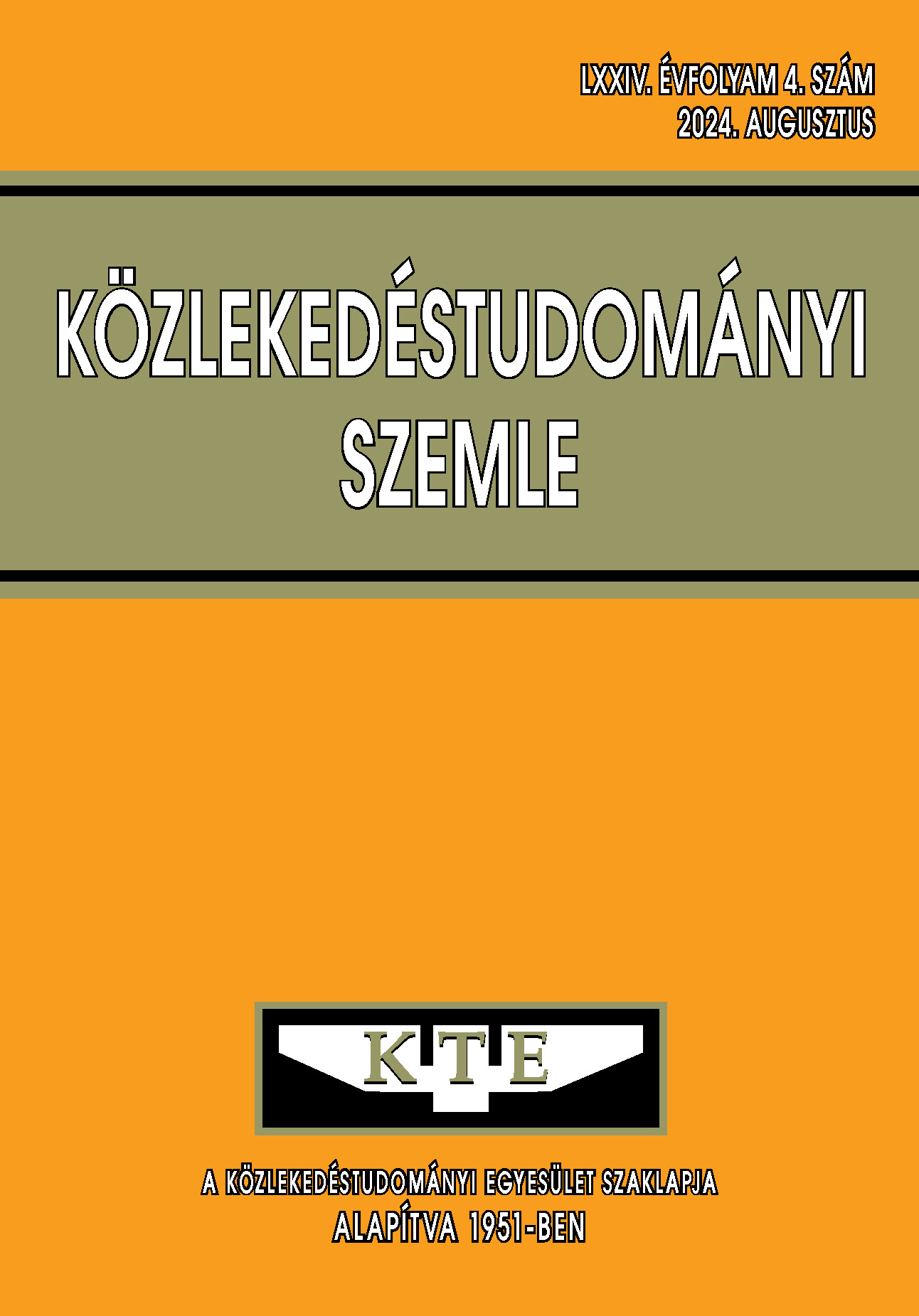IT and legal background for the management and processing of online data extracted from road vehicles in the case of a preventive repair strategy
Abstract
The IT architecture of modern vehicles and the development of telecommunications infrastructure enable a range of comfort and functional services for drivers, operators and
manufacturers. There are two main influencer backgrounds for building and exploiting them. One of them is how online data (e.g. fuel level or battery level /SoC/ or measurement values from different control units) is stored: in the vehicle itself or outside it in a cloud / back end. The other is the legal background of the country in question. Within this, the main
factor is usually the direct regulation of personal (EU GDPR) and personal telecommunication data protection (German TTDSG) or indirectly producer obligations and risks related to product liability, including "market monitoring". This legal background influences and even limits the possibilities of using online data extracted from vehicles much more than today's "state of the art" technical possibilities. Thus, without clarifying them beforehand, no technical construction or data use process planning makes sense. From the point of view of data protection, it is important that personal data cannot generally be collected and processed without the consent of the vehicle user, however, legal regulations (GDPR) allow some exceptions.
During the authorisation process, the user
must be informed of the purpose of using
the information received from him or, in this
case, from his vehicle (TTDSG).
The Product Liability Act and its obligation
to monitor the market may pose risks to the
manufacturer in certain special cases.
Copyright (c) 2024 Scientific Review of Transport

This work is licensed under a Creative Commons Attribution-NonCommercial-NoDerivatives 4.0 International License.
Articles published electronically are open access (OJS), freely available online and can be downloaded. Authors of articles are not charged any publication or publishing costs (APC). Users have the right to read, download, copy, print, and search the articles, or share the full text with a link.
Authors must declare that their submission has not been previously published in another journal, that financial support has been acknowledged, and that the list of references is complete and accurate, including specification of URLs and DOIs (if available). When submitting a draft article, each author approves the submitted version. Authors guarantee that the article is their original work. Authors are required to participate in the peer review process, follow the advice of reviewers, meet the prescribed deadlines, and, if any, withdraw the submission or correct errors.
All submitted articles are subject to peer review, where the editors request an independent evaluation from at least one expert, ensuring that the reviewer(s) have no conflicts of interest with the authors. The final decision is made by the Editor-in-Chief, who takes into account the evaluations and the suggestions of the editors. The editors and reviewers treat the submission confidentially.
The publisher and editors are committed to maintaining high ethical standards and to preventing publications that involve research misconduct. They follow the COPE guidelines on such ethical issues.
The authors retain copyright and grant the journal the right of first publication under the Creative Commons License (https://creativecommons.org/licenses/by-nc-nd/4.0), which allows others to share the work, while acknowledging the authorship of the work and the first publication in the journal.
The journal archives all published articles, and the journal's owner, the Hungarian Society of Transportation Sciences, will continue to operate the database even if the journal ceases to be published.















